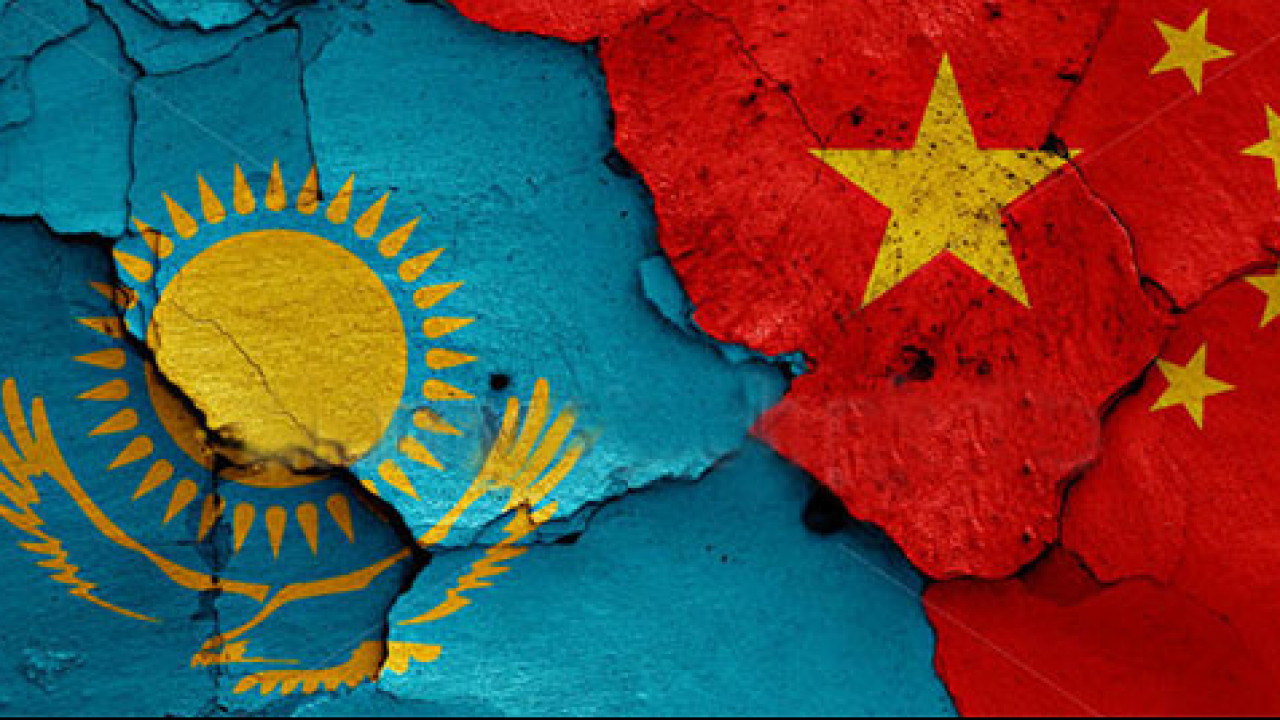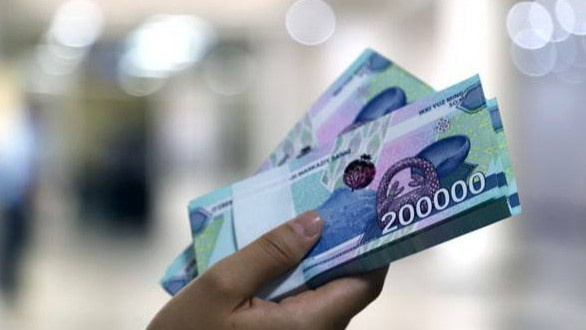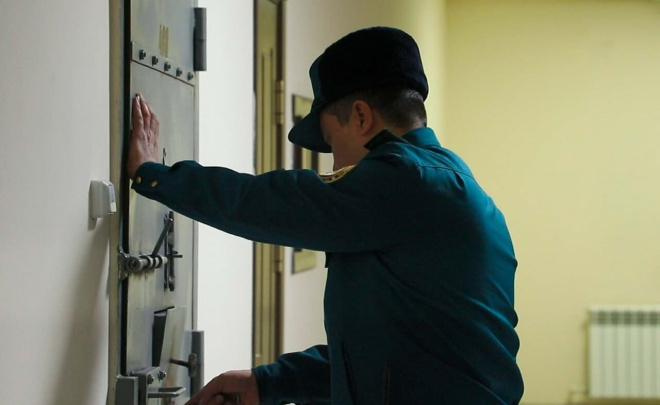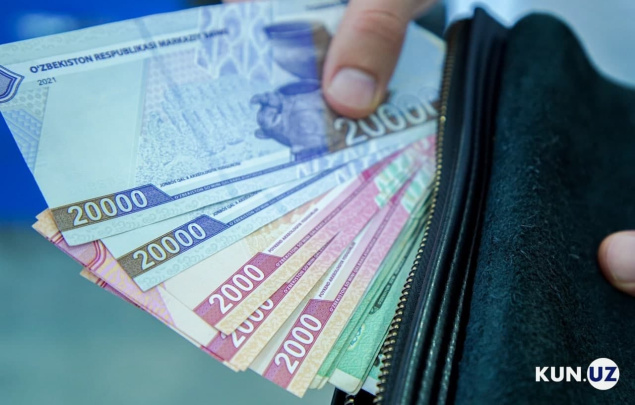On April 14, Kazakhstan’s Foreign Ministry summoned the Chinese ambassador to protest over an article saying the country was keen to become part of China, Reuters said with reference to the ministerial press service.
In a statement, the Kazakh ministry said the article titled “Why Kazakhstan is eager to return to China” and published on privately-owned Chinese website sohu.com runs counter to the spirit of permanent comprehensive strategic partnership officially declared between the two countries.
“The publication of such content does not correspond to the spirit of permanent comprehensive strategic partnership reflected in the joint statement of Kazakhstan and the People’s Republic of China signed by the heads of state on September 11, 2019. The parties agreed to closely cooperate in the field of disseminating information and the media,” the Kazakh Foreign Ministry said.
Also, the embassy of Kazakhstan in Beijing sent a note to the Chinese Foreign Ministry.
The article does not reflect the position of China’s government, and the two countries’ friendship shall not be shaken by any matter, said China’s Foreign Ministry in a statement sent to Reuters.
The article retells in brief the history of Kazakhstan, noting that leaders of many Kazakh tribes had pledged allegiance to the Chinese emperor.
It also states that Kazakhstan had historically been part of China’s territory and Kazakhs “do not have too many complaints” about being repeatedly invaded by China.
China is a major investor in Kazakhstan and is one of the main markets for its exports, dominated by commodities. Kazakhstan also makes money from Chinese goods carried across its territory to Europe.
But bilateral ties have been strained by Beijing’s de-radicalization campaign in its western Xinjiang province, where the United Nations estimates over a million Muslim Uighurs have been detained in camps.
China has denied the camps violate the rights of ethnic minorities and says they were designed to stamp out terrorism and provide vocational skills.
The Chinese policies have affected ethnic Kazakhs living in Xinjiang, but the Kazakh government has not criticized the campaign and has chosen instead to seek the release of those who had Kazakh citizenship or were seeking it.






